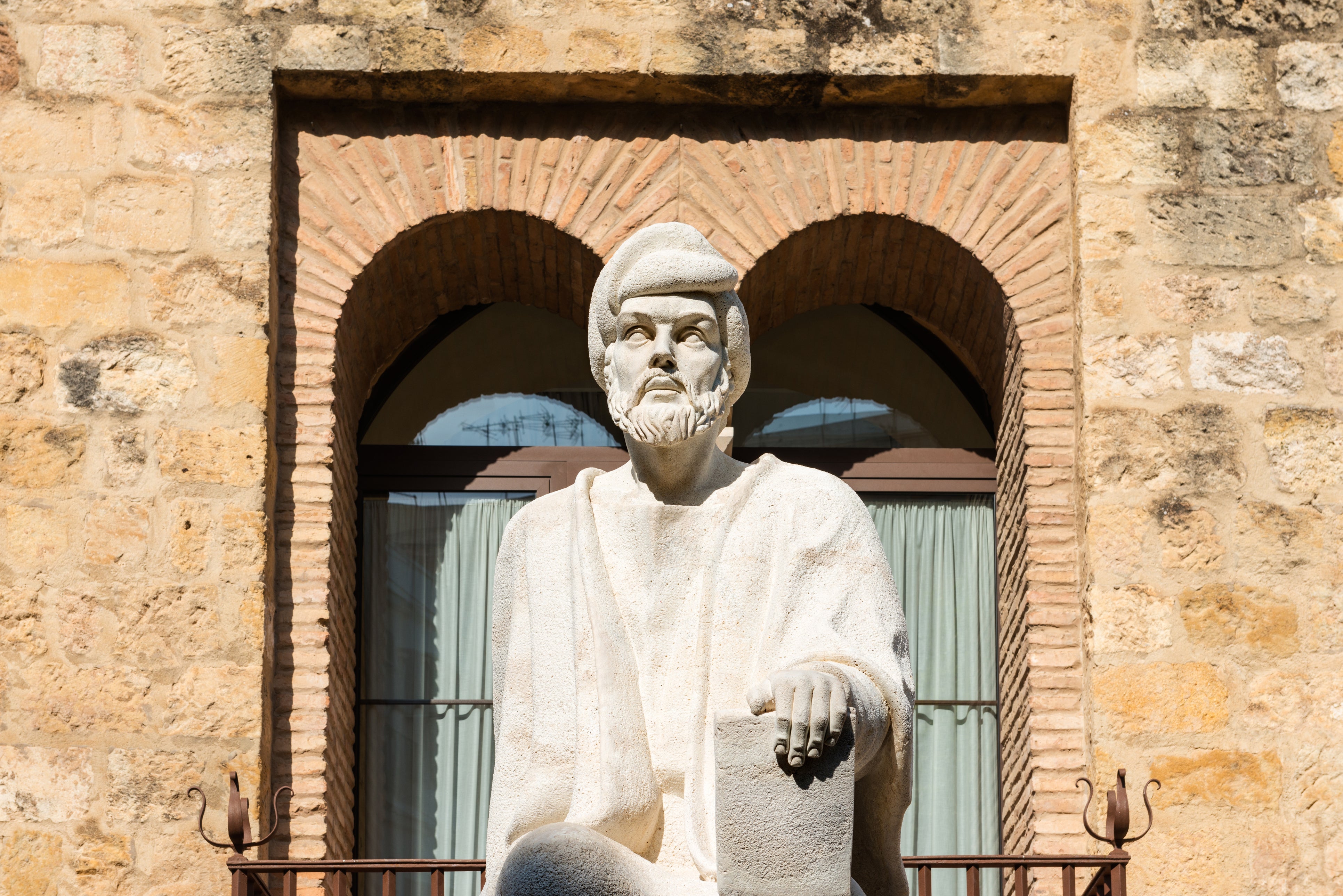Averroes: Perhaps the most important of the Islamic philosophers
Our series moves onto the Renaissance philosophers, starting with Ibn Rushd, known as Averroes, whose life and work reflected tensions that were endemic in Islamic society at this time

Ibn Rushd (1126–98), known in the west as Averroes, is perhaps the most important of the Islamic philosophers who emerged during the golden era of intellectual flourishing that occurred in the Muslim world in the several hundred years around the turn of the first millennium. His life and work reflected tensions that were endemic in Islamic society at this time.
Ibn Rushd was born in 1126 in Cordova, Spain, into a well connected family of jurists and theologians. His grandfather and father both held the office of chief judge (qadi) of Cordova under the then ruling Almoravids dynasty (a position to which Averroes would later ascend). His education, though in a sense orthodox for a Muslim male, was by our standards eclectic: Qur’anic exegesis, the Hadith, jurisprudence (Fiqh), scholastic philosophy, mathematics and linguistics were all studied, and became part of his intellectual armory. “Moreover, under the tutelage of Abu Jafar Harun, Ibn Rushd attained a proficiency in medicine, which eventually enabled him to become the royal physician to the Almohad caliphs Abu Yaqub Yusuf and Abu Yusuf Yaqub. Indeed, such were his abilities in this field that his book Generalities (Kulliyat) was perhaps the most significant general medical text in the Judeo-Christian and Islamic worlds for several hundred years after his death.
It was Ibn Rushd’s connections within the royal court that led him by happenstance to the most significant body of work of his life. He had been introduced to the caliph, Abu Yaqub, by his mentor Ibn Tufail, who at that time was the court physician. The story has it that the caliph thoroughly unnerved the young philosopher by asking him whether the heavens were created or not. This seems an innocuous enough enquiry, but it was the kind of question that could get a Muslim philosopher into trouble. The difficulty is that a negative response potentially places a limit on the power of God, whereas an affirmative response runs the danger of anthropomorphising him. The caliph, a keen philosopher himself, spared Ibn Rushd’s blushes by answering his own question, and then engaging in a long discussion of the issues surrounding it. Shortly afterwards, Ibn Rushd received word that the caliph believed the works of Aristotle to be disjointed, rather obscure, and therefore likely to confuse people. The solution was simple – Ibn Rushd should write commentaries on them.
Subscribe to Independent Premium to bookmark this article
Want to bookmark your favourite articles and stories to read or reference later? Start your Independent Premium subscription today.
Join our commenting forum
Join thought-provoking conversations, follow other Independent readers and see their replies